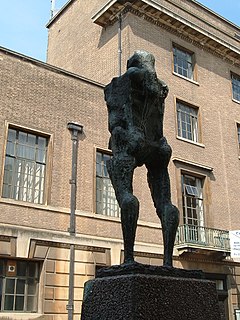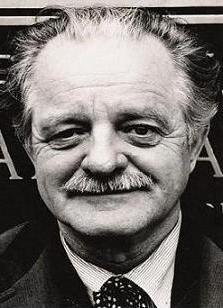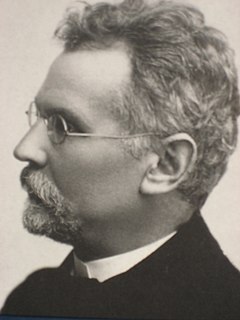A Quote by Ralph Waldo Emerson
The preamble of thought, the transition through which it passes from the unconscious to the conscious, is action. Only so much do I know, as I have lived. Instantly we know whose words are loaded with life, and whose not.
Related Quotes
Now I know surely and forever,
However much I have blotted our
Waking love, its memory is still
there. And I know the web, the net,
The blind and crippled bird. For then, for
One brief instant it was not blind, nor
Trapped, not crippled. For one heart beat the
Heart was free and moved itself. O love,
I who am lost and damned with words,
Whose words are a business and an art,
I have no words. These words, this poem, this
Is all confusion and ignorance.
But I know that coached by your sweet heart,
My heart beat one free beat and sent
Through all my flesh the blood of truth.
I think Nature, if she interests herself much about her children, must often feel that, like the miserable Frankenstein, with her experimenting among the elements of humanity, she has brought beings into existence who have no business here; who can do none of her work, and endure none of her favours; whose life is only suffering; and whose action is one long protest against the ill foresight which flung them into consciousness.
There is nothing but water in the holy pools. I know, I have been swimming there. All the gods sculpted of wood or ivory can’t say a word. I know, I have been crying out to them. The Sacred Books of the East are nothing but words. I looked through their covers one day sideways. What Kabir talks of is only what he has lived through. If you have not lived through something, it is not true.
The collective unconscious appears to consist of mythological motifs or primordial images, for which reason the myths of all nations are its real exponents. In fact the whole of mythology could be taken as a sort of projection of the collective unconscious. We can see this most clearly if we look at the heavenly constellations, whose originally chaotic forms are organized through the projection of images. This explains the influence of the stars as asserted by astrologers. These influences are nothing but unconscious instrospective perceptions of the collective unconscious.
There is a certain sort of man whose doom in the world is disappointment, who excels in it, and whose luckless triumphs in his meek career of life, I have often thought, must be regarded by the kind eyes above with as much favor as the splendid successes and achievements of coarser and more prosperous men.










































